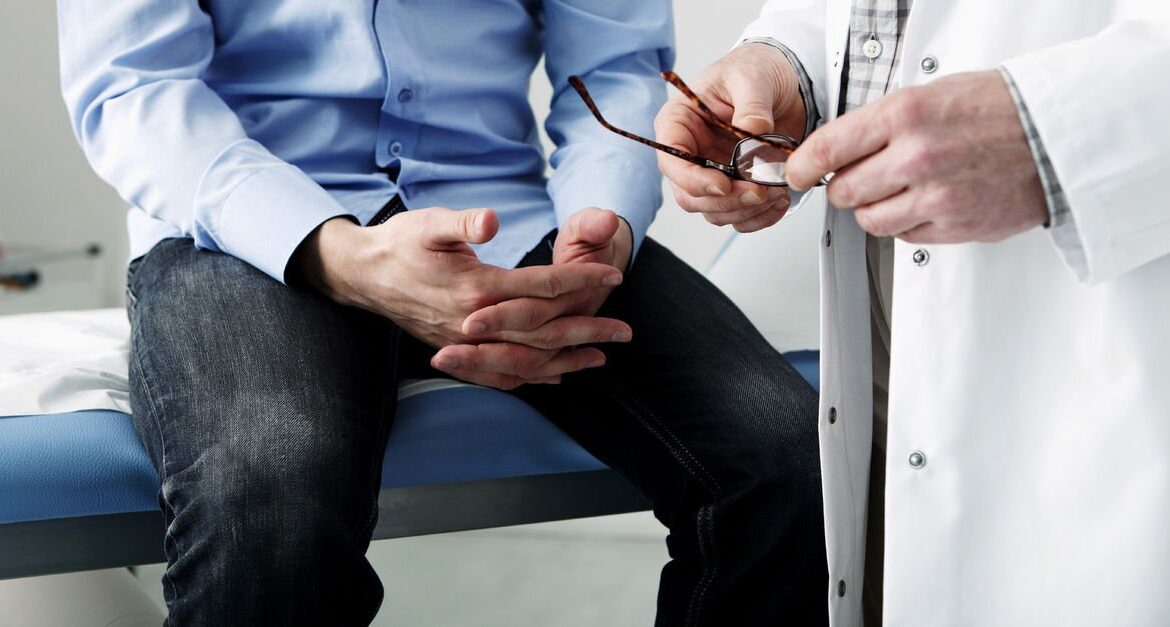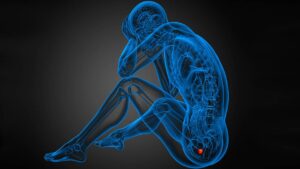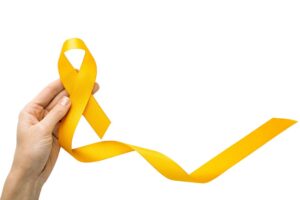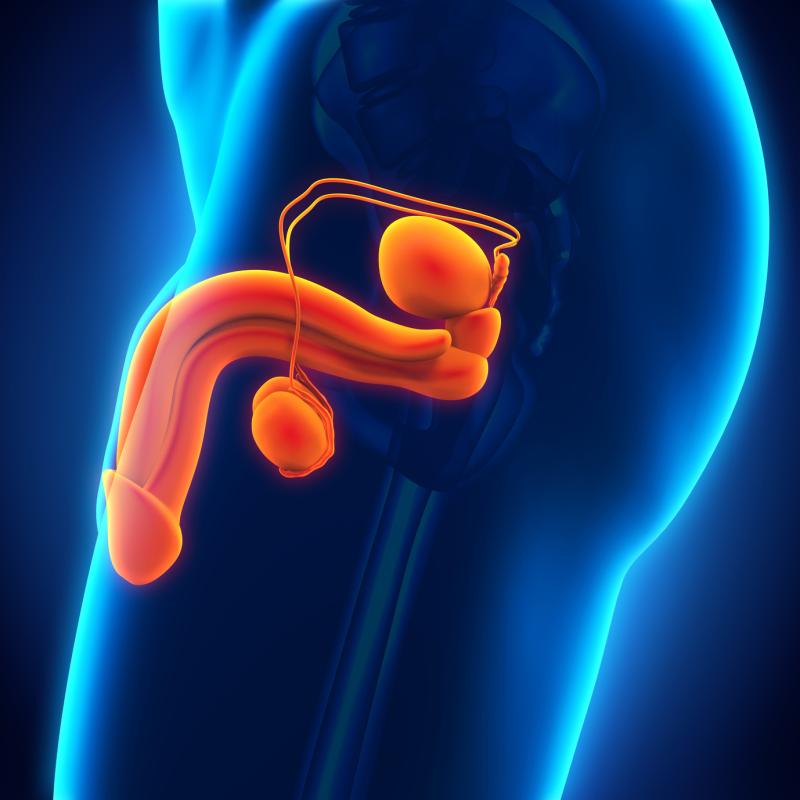Testicular Cancer Stages
It is a rare type of cancer seen in men. Testicular cancer stagesplays an important role in treatment options. Cancer stages are usually done in four stages. The first stage, Stage I, indicates that the cancer has only affected a limited area within the testicle. At this stage, the cancer can usually be completely removed with surgery.
Stage II indicates that cancer is present in one or both testicles but has not spread to the lymph nodes. Treatment options may include surgery, radiation therapy, or chemotherapy. Stage III indicates that the cancer has spread to the lymph nodes, and treatment may become more complex. Stage IV means the cancer has spread to other parts of the body, such as the lungs or liver. At this stage, treatment may be more aggressive.
What is Testicular Cancer?
testicular cancer, It is a type of cancer that develops and is most common among young men. However, successful results can usually be achieved with early diagnosis and effective treatment. It is more common in young men, usually between the ages of 15 and 35. Symptoms of this type of cancer may include swelling or pain, discomfort in the groin, back pain, and breast enlargement.
It is important to examine yourself and see a doctor regularly for early diagnosis. Testicular cancer stages Once diagnosed, treatment options depend on the type of cancer and its spread. Surgical intervention is often used in cases where the cancer is limited.
What Symptoms Are Seen?
The most common symptom of cancer is a feeling of swelling or hardness in a testicle. This swelling or stiffness is felt as a distinct change in its normal structure and is usually painless. However, a slight pain or discomfort in the testicle may also be felt. Size difference may occur as another symptom. testicular cancer As it progresses, symptoms may also become more pronounced.
Pain in the abdominal or pelvic area occurs as a result of the spread of cancer to the lymph nodes or other organs. In advanced stages, it can also cause back pain because the cancer can spread to other parts of the body. Also, as a rare symptom, cancer can sometimes manifest as breast enlargement in men. Its symptoms can often be confused with other more common problems.
Testicular Cancer Stages and Treatment
Testicular cancer stagesplays a critical role in determining how far the disease progresses. Treatment requires a diverse approach depending on the stage of the disease, the type of tumor and the general health condition of the patient. Treatment is usually managed by a multidisciplinary medical team. testicular cancer It is usually applied as the first step when diagnosed.
Chemotherapy is a commonly used treatment option in cancer. Chemotherapy drugs target cancer cells and control their growth or kill them. Chemotherapy treatment is effective in cases where cancer has spread to organs.
Radiation therapy is used in some cases. It targets and destroys cancer cells using high-energy rays. Radiation may be used to control the spread of cancer to lymph nodes or other body parts.
Post-treatment monitoring and follow-up are important to protect the patient's health and detect relapse early. Regular doctor checks, blood tests and imaging studies are used at this stage.
What Should Be Considered During the Healing Process?
Regular doctor's examinations and follow-ups after treatment are vital. These controls, testicular cancer stages It is necessary to diagnose relapse early and monitor treatment. Follow exactly the follow-up program recommended by your doctor. Report any problems or symptoms to your doctor immediately. If you are receiving medication, strictly follow your doctor's instructions. Taking medications on time and correctly affects the success of the treatment. If you experience any side effects or problems with the medications, contact your doctor.
It is important to follow a healthy nutrition program during and after treatment. A balanced diet can strengthen the body and speed up the healing process. Try to adopt a diet that includes protein, fruits, vegetables and whole grains. Get help from a nutritionist if necessary. Physical activity can increase energy levels and improve overall health. However, you should discuss your physical limitations related to treatment with your doctor. It is important to start with appropriate, low-intensity exercises and increase slowly.
Seeing a therapist or psychologist can support your emotional well-being. Additionally, sharing emotional support with family and friends can also positively impact your healing process. After treatment, you should continue to examine yourself regularly. Testicular cancer stages Report any abnormal changes to your doctor immediately as there is a risk of recurrence. Maintaining the habit of self-examination can reduce the risk of recurrence.









